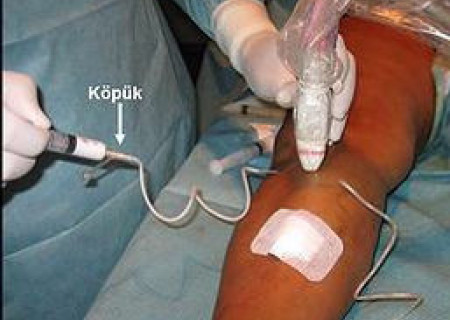
Interventional Oncology
The field of invasive radiology related to cancer is called Invasive Oncology. Frequently used procedures in invasive oncology can include imaging-guided needle biopsies, chemotherapy port placement, percutaneous ablation (burning of the tumor), and trans arterial (applied through groin or wrist artery) cancer treatments. Invasive Oncology is an increasingly important field of science, both in invasive radiology and in the treatment of cancer, and with recent developments, it has been accepted as the fourth major treatment in cancer treatment, along with Medical Oncology, Radiotherapy and Surgery. Interventional Oncology provides curative, palliative and supportive care treatments to cancer patients.
Procedures performed:
- Painless biopsy (sampling) operations under the guidance of imaging of organs and tumors;
- Puncture of the liver, kidneys and lungs (Radiofrequency, Microwave and Cryoablation);
- Intravenous treatment of liver and lung tumors with angiography (Chemical embolization, Radioembolization);
- More reliable placement of the Chemotherapy Port under ultrasound and angiography;
- Fusion biopsy (target biopsy) in the diagnosis of prostate cancer;
- Invasive Pain Therapies: Acupuncture for cancer-related pain.